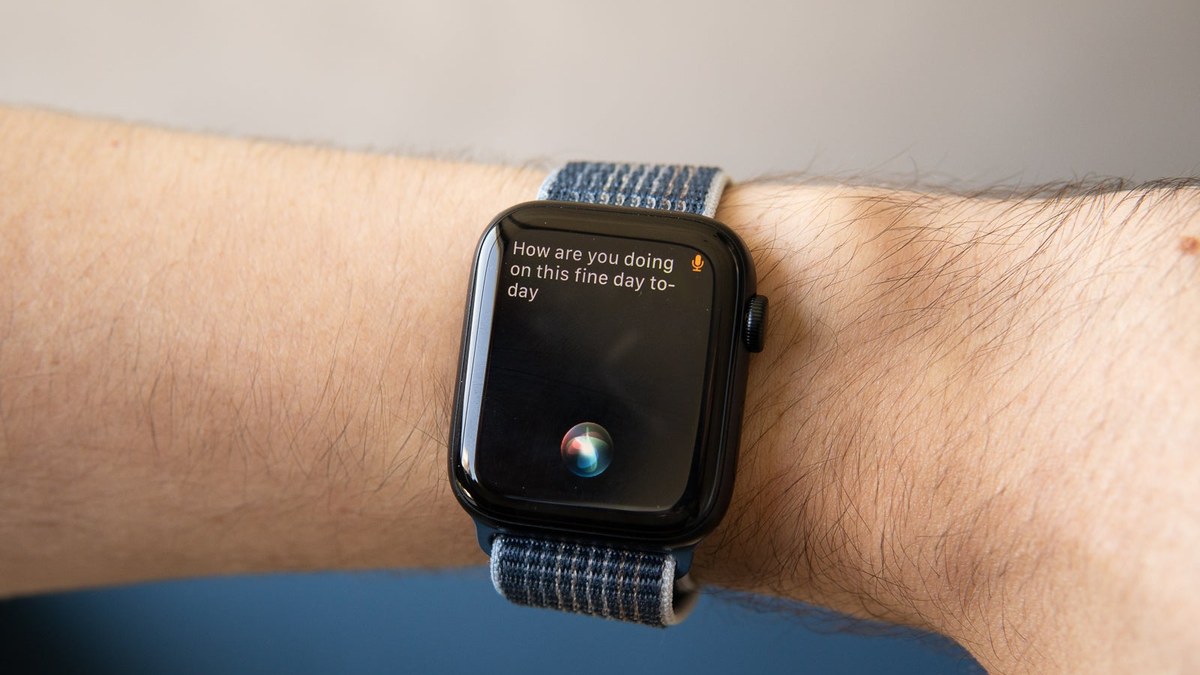Generative AI is growing in popularity, but there may be a major hurdle to continuing to accept this technology in our daily lives. We still don’t trust it. Or, really, we don’t trust the companies behind it, according to Deloitte’s Connected Consumer Survey of 3,500 US consumers.
While more than half (53%) of those surveyed said they’re either experimenting with or regularly using generative AI, even more (69%) said they worry innovation is happening too quickly, and that tech companies aren’t paying close enough attention to risks.
“Consumers are using AI more, they are paying for it more and, despite this, they are also increasingly concerned about the potential misuse and dangers of gen AI,” Steve Fineberg, vice chair and US technology sector leader for Deloitte, told .
The survey reveals two seemingly counterintuitive trends about the rapid rise of generative AI. On one hand, more people are using generative AI more often and in more ways every day, but a growing number — even those who use it a lot — still have serious concerns. AI is becoming commonplace, showing up in our phones, our search engines and our TVs, at the same time that it’s becoming more powerful.
On the other hand, generative AI exacerbates mental health issues and addictions, invades our privacy and gets facts wrong all the time. For the most part, we’re aware of these problems and dangers.
Don’t miss any of our unbiased tech content and lab-based reviews. Add as a preferred Google source.
People are paying for AI, and actually using the apps
Just because AI is everywhere doesn’t mean it’s always free. While most AI developers offer free versions of their services, there are limits, including reduced capabilities or restrictions on how much you can use them. About 4 in 10 of those surveyed by Deloitte said they pay for generative AI products. Among those who don’t pay, half said it’s because free tools are good enough.
Then there’s the question of usage, with 65% of people using AI through standalone mobile apps — think the ChatGPT app from OpenAI or the Gemini app from Google — and a slightly smaller share (60%) engaging through AI websites.
Smaller percentages of those surveyed cited using AI within online services, social media and messaging apps or other software. Yet those categories combined represented 69% of respondents, meaning a majority of people are encountering AI even when they aren’t seeking it out.
Watch this: OpenAI’s Study on How We Use AI, a Potential TikTok Sale, Spotify Will Finally Deliver Lossless Audio | Tech Today
People want tech they can trust
Generative AI results can be notoriously inaccurate. Notwithstanding increased usage, more than half of those surveyed said they mostly or always verify the information they get from chatbots through checking trusted sources or their own knowledge.
The biggest concern seems to be data privacy. Since the previous year’s survey, the share of people worried about privacy and security went from 60% to 70%, with almost half of respondents saying they’d had at least one incident, such as a hack, account breach or stolen identity, in the past year.
It isn’t just malicious outsiders. People worry that tech companies won’t respect their privacy and safety. Deloitte asked how willing consumers were to share eight different types of personal data in exchange for better experiences with digital technology. In none of those cases were more people “very willing to share” information than “not at all willing.”
Specifically, a majority of people were not at all willing to share biometric, communications or financial data. Consumers seemed most willing to share fitness data, which makes sense given the spread of fitness-tracking wearables, but even then, more people were not at all willing to share information (30%) than were very willing (22%).
“I think there’s a lot of work to be done to be able to move the needle on that area,” Fineberg said.
Read more: AI Essentials: 29 Ways You Can Make Gen AI Work for You, According to Our Experts
Beyond the possible harms of AI, many users are just unimpressed with the technology’s advancing features. More than three in four people said tech companies are too focused on beating competitors than solving real problems, and two-thirds said most new features don’t solve their problems.
Deloitte found that consumers were far more willing to spend money with companies they trust. People want innovative tech companies and products, but they want to protect their privacy and security even more.
“It’s a long-term thing,” Fineberg said. “It takes years and years and years to build trust, but you can also lose trust in a matter of seconds.”











